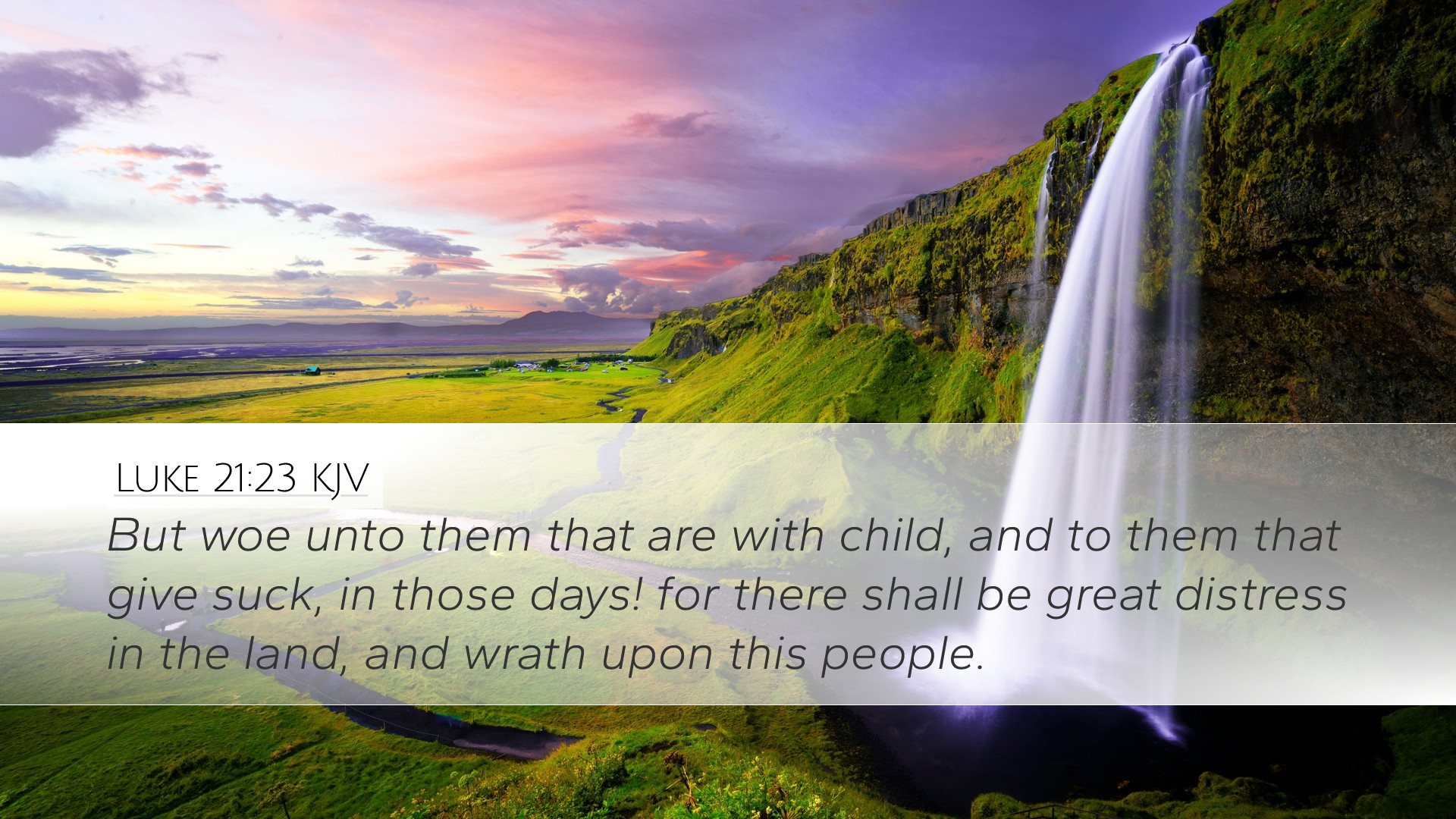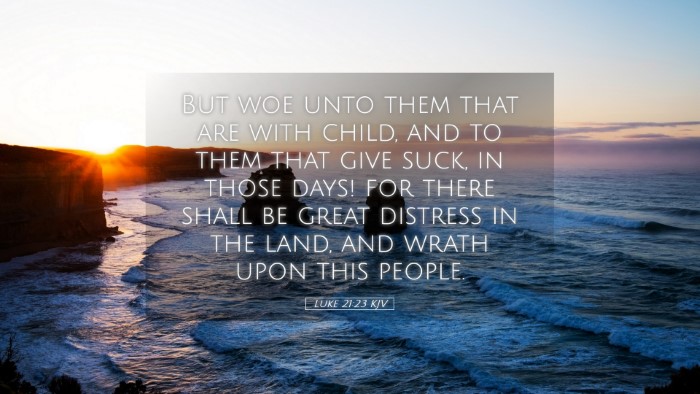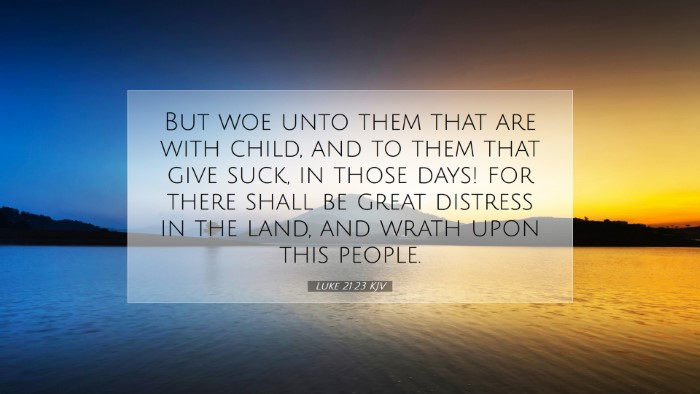Old Testament
Genesis Exodus Leviticus Numbers Deuteronomy Joshua Judges Ruth 1 Samuel 2 Samuel 1 Kings 2 Kings 1 Chronicles 2 Chronicles Ezra Nehemiah Esther Job Psalms Proverbs Ecclesiastes Song of Solomon Isaiah Jeremiah Lamentations Ezekiel Daniel Hosea Joel Amos Obadiah Jonah Micah Nahum Habakkuk Zephaniah Haggai Zechariah MalachiVerse
Luke 21:1 Luke 21:2 Luke 21:3 Luke 21:4 Luke 21:5 Luke 21:6 Luke 21:7 Luke 21:8 Luke 21:9 Luke 21:10 Luke 21:11 Luke 21:12 Luke 21:13 Luke 21:14 Luke 21:15 Luke 21:16 Luke 21:17 Luke 21:18 Luke 21:19 Luke 21:20 Luke 21:21 Luke 21:22 Luke 21:23 Luke 21:24 Luke 21:25 Luke 21:26 Luke 21:27 Luke 21:28 Luke 21:29 Luke 21:30 Luke 21:31 Luke 21:32 Luke 21:33 Luke 21:34 Luke 21:35 Luke 21:36 Luke 21:37 Luke 21:38

